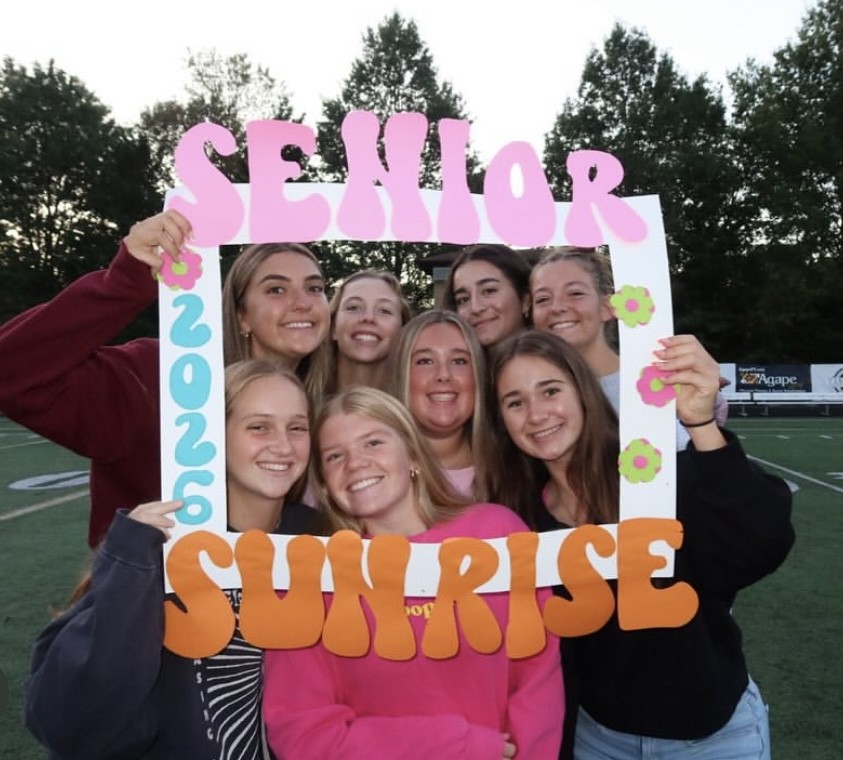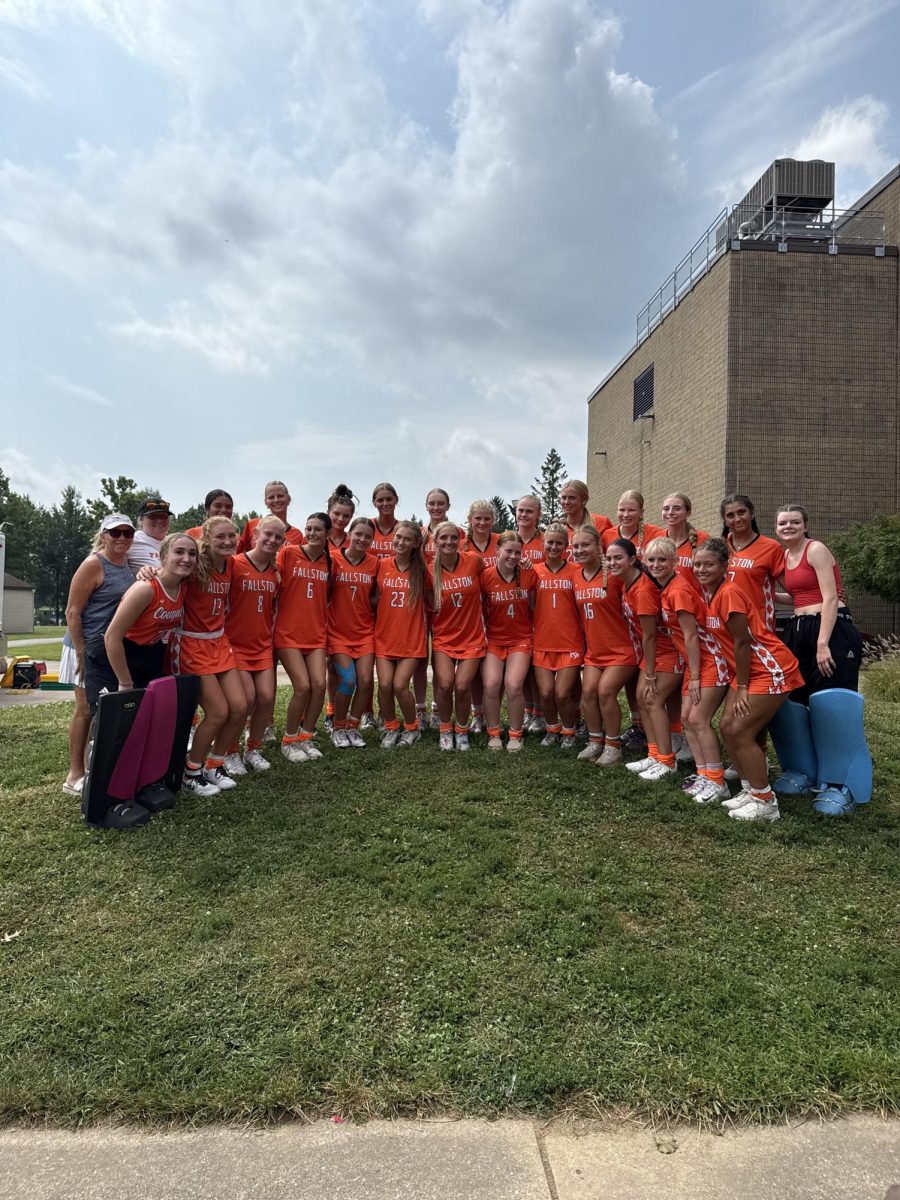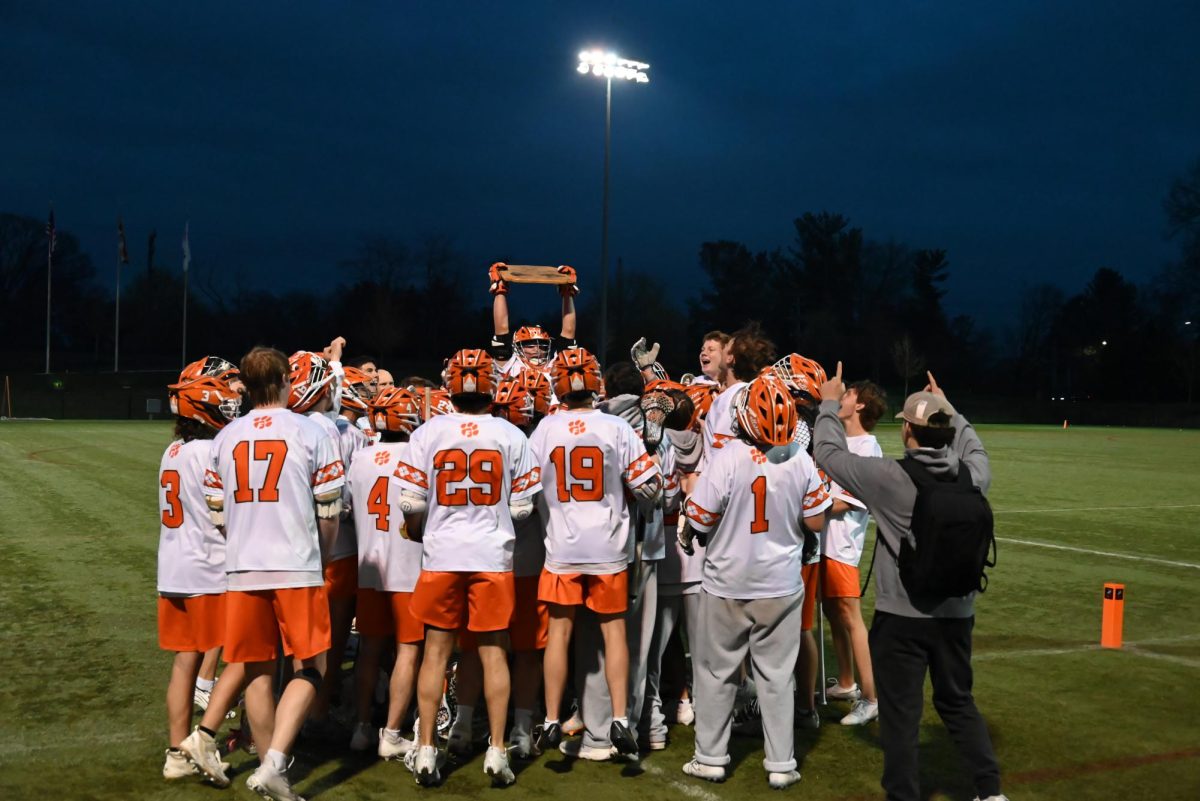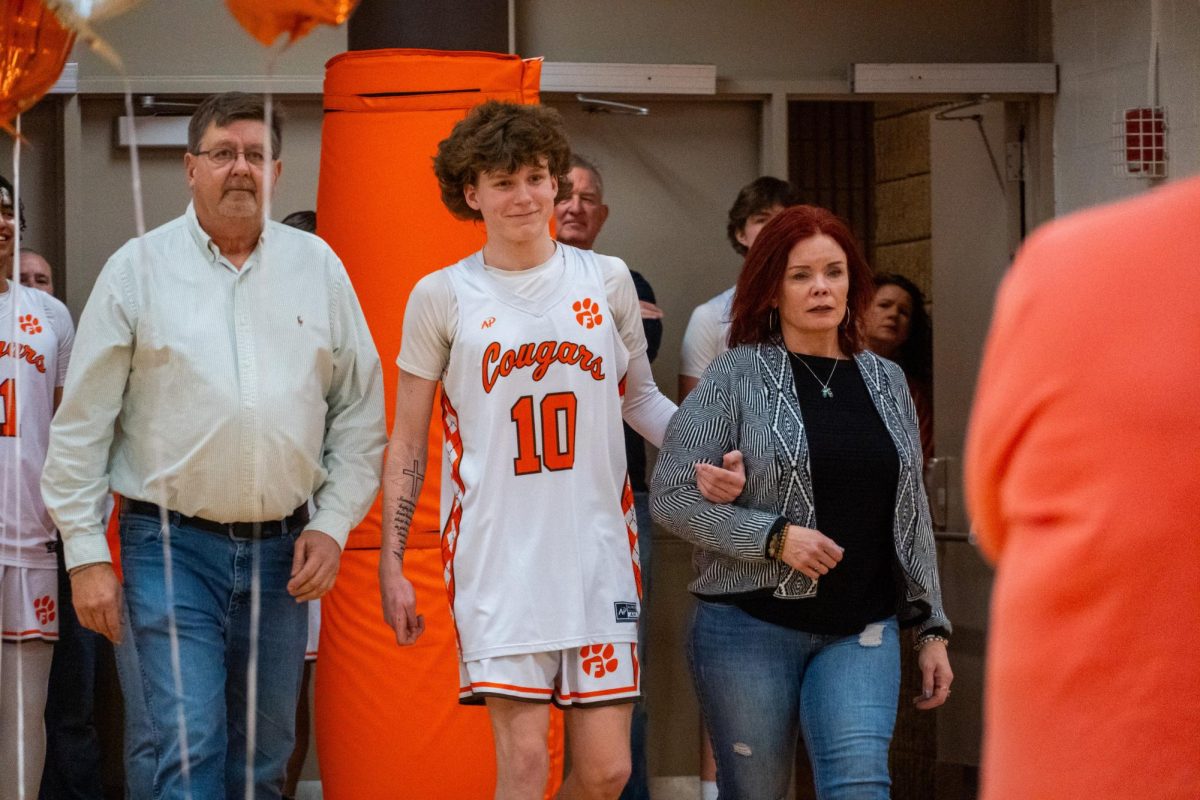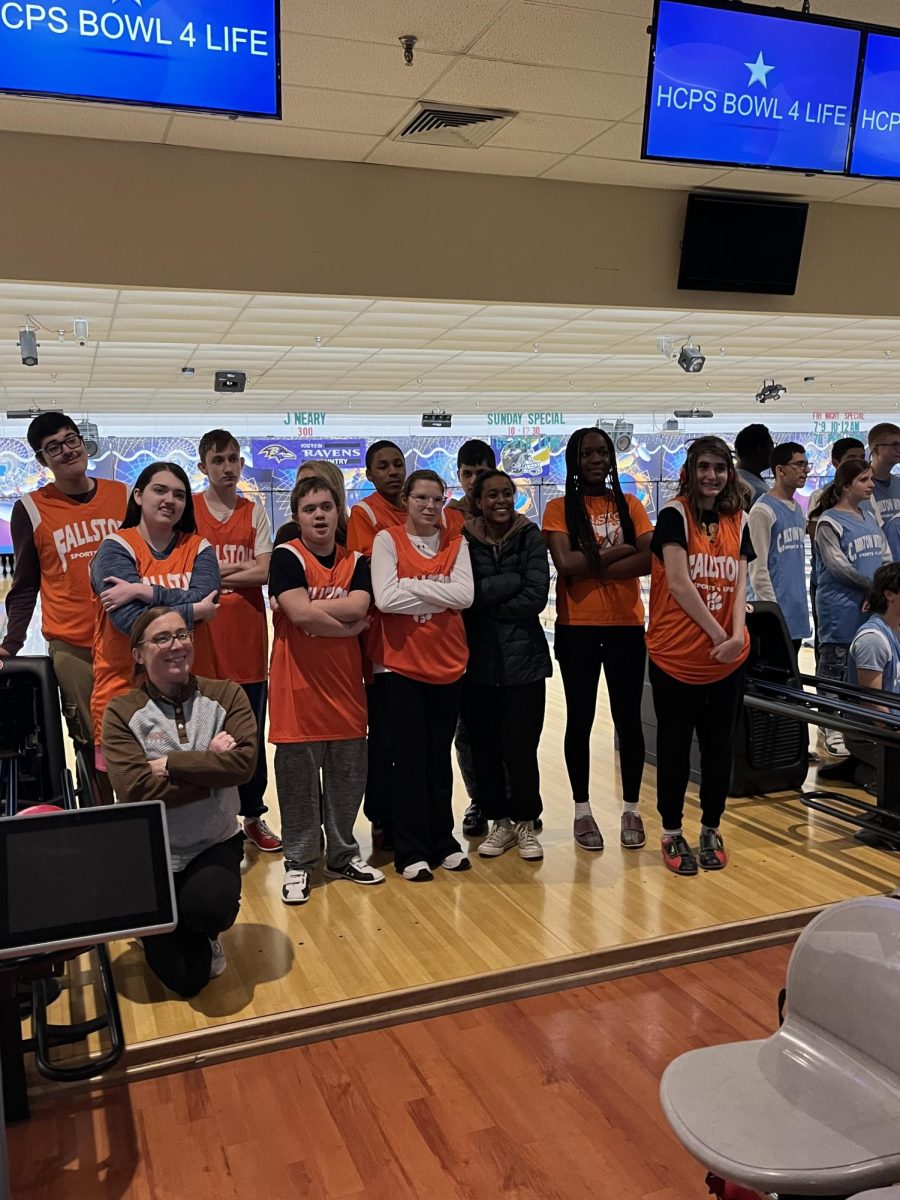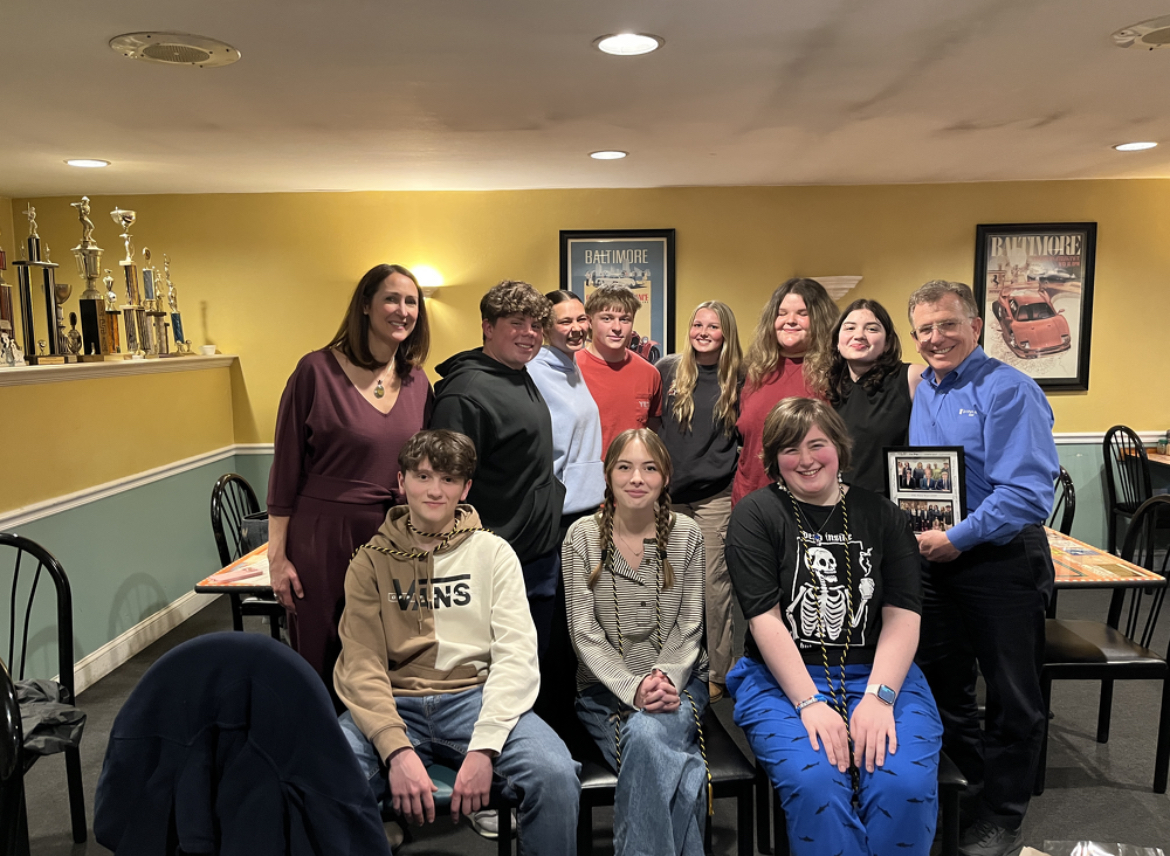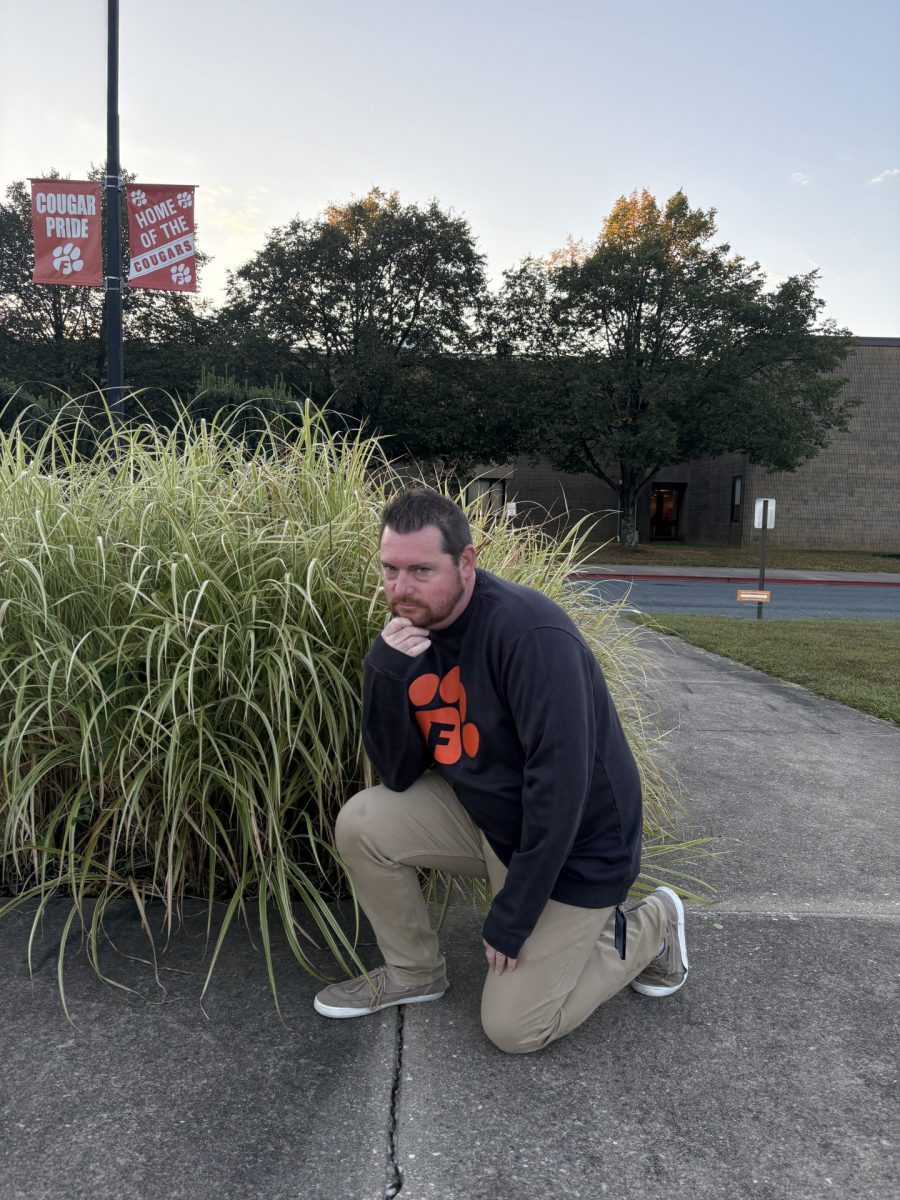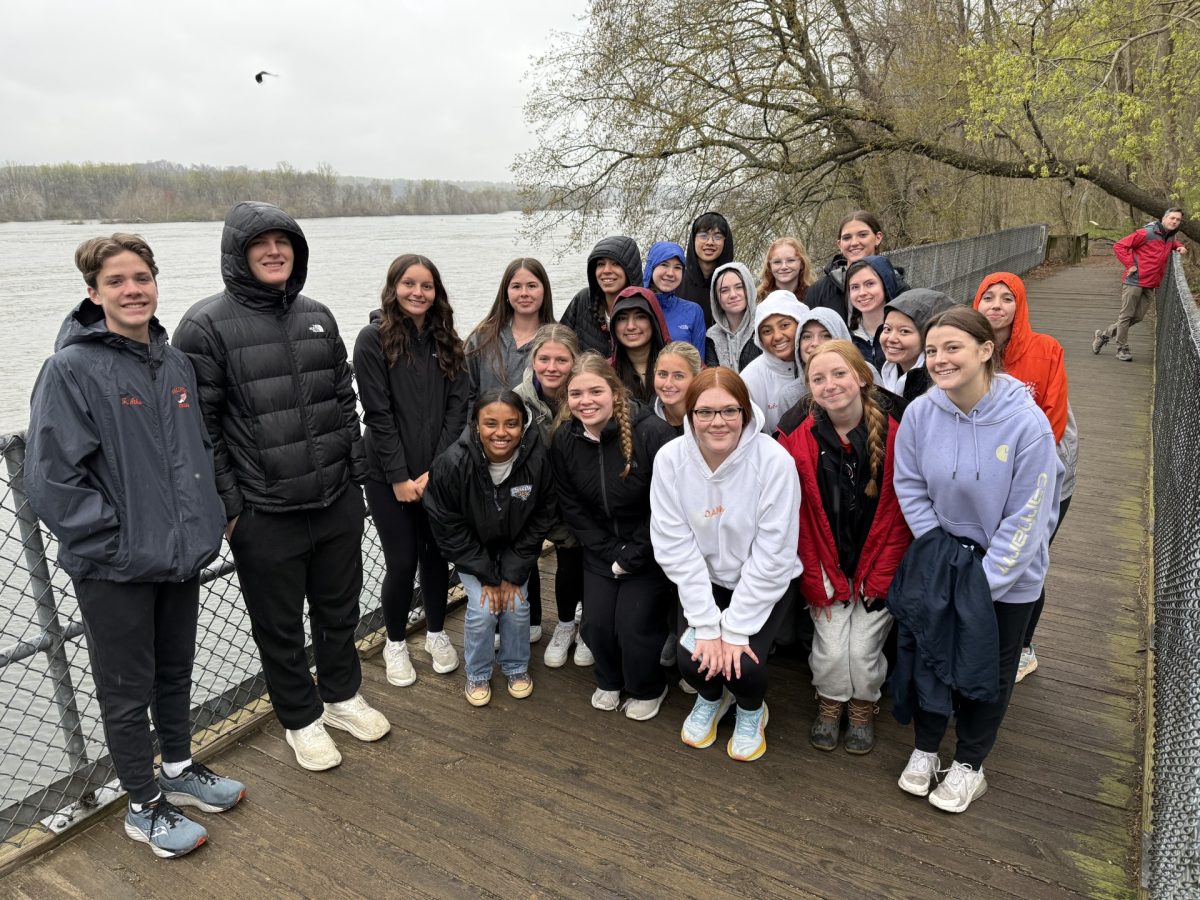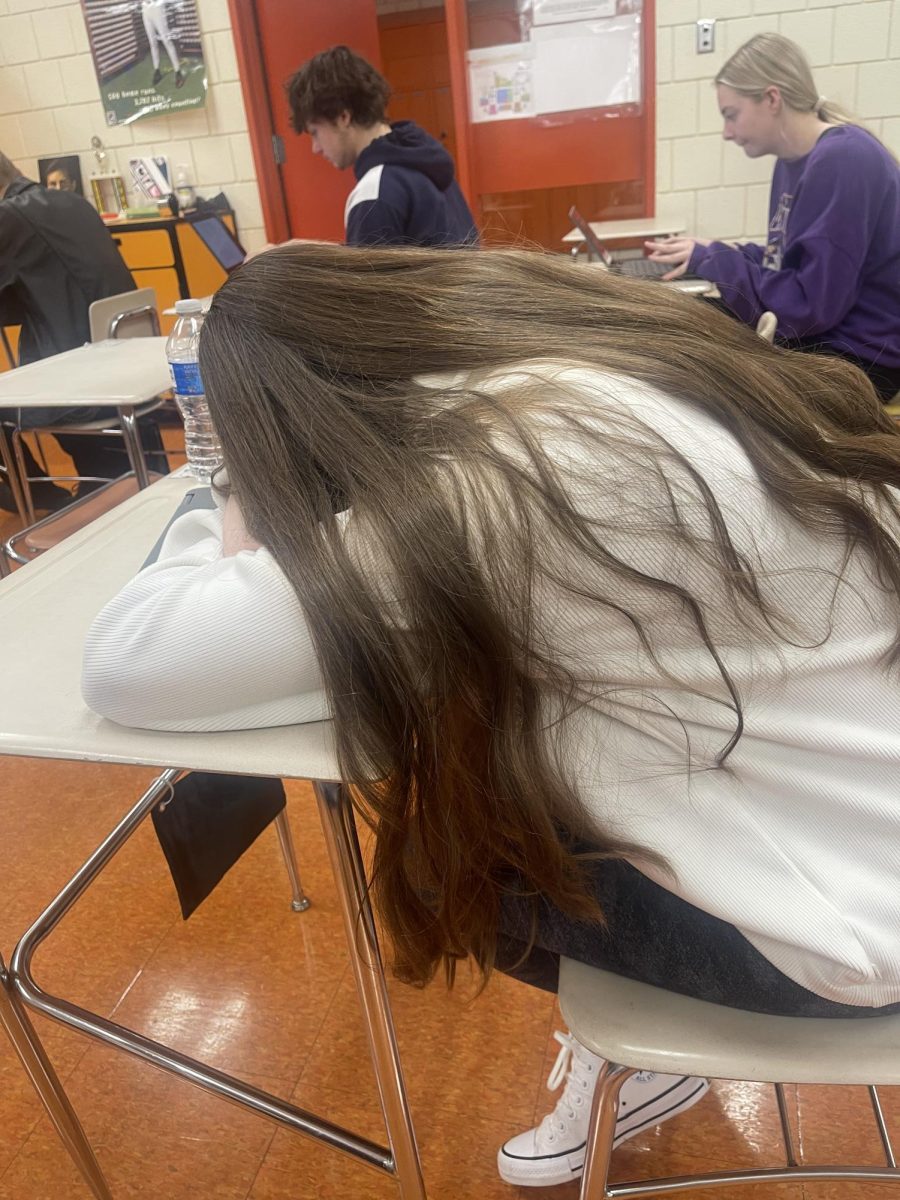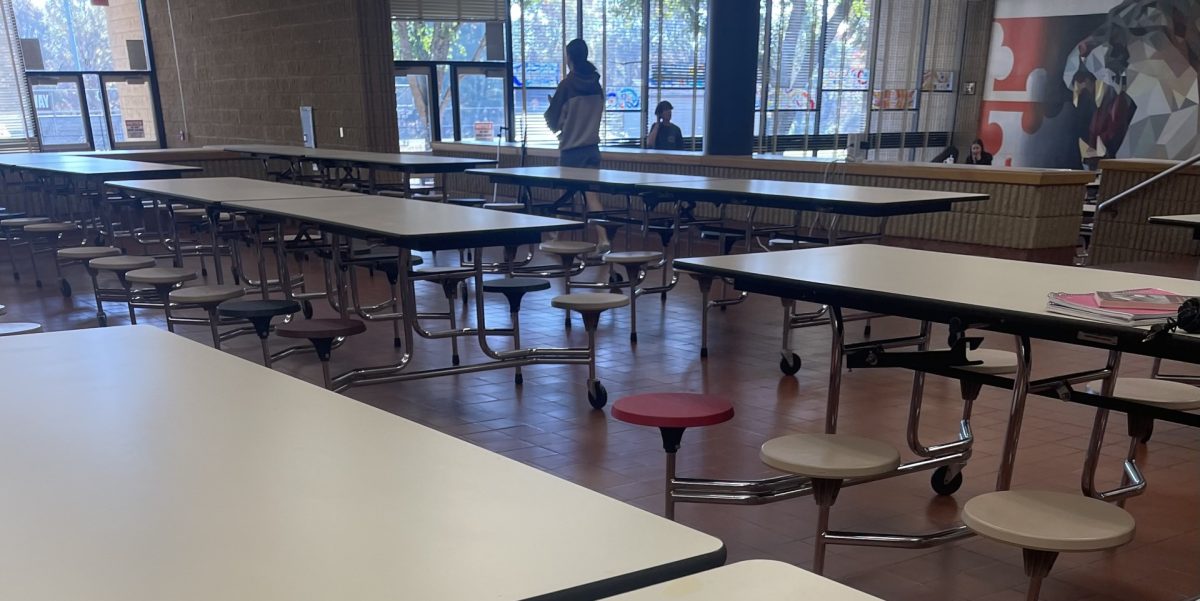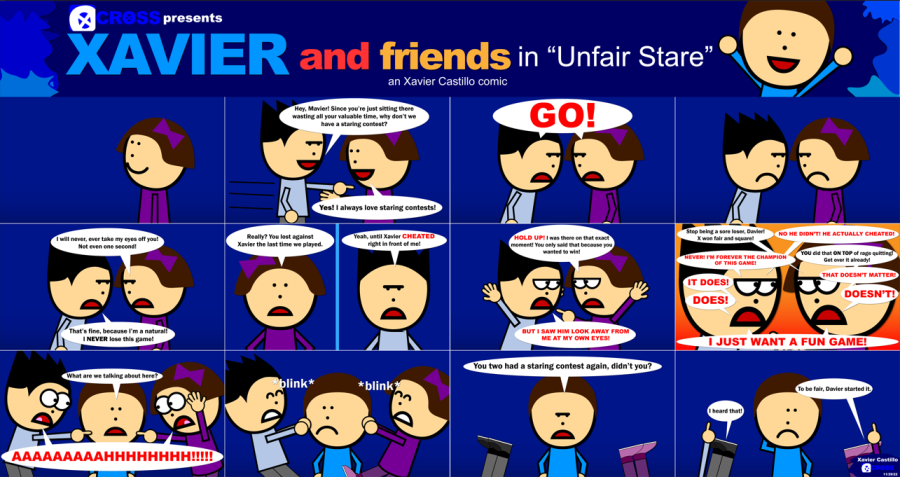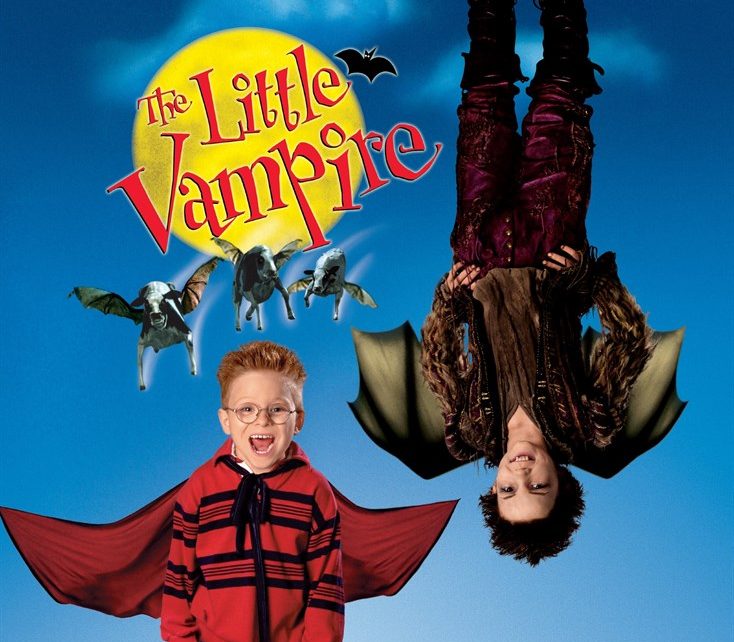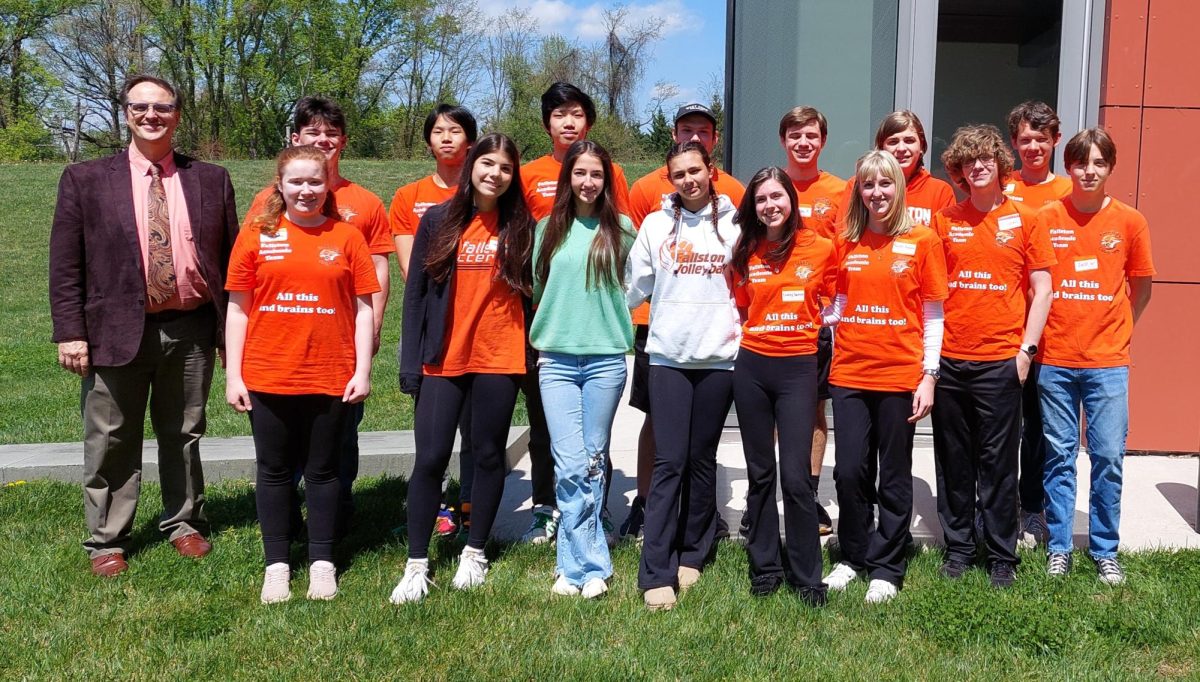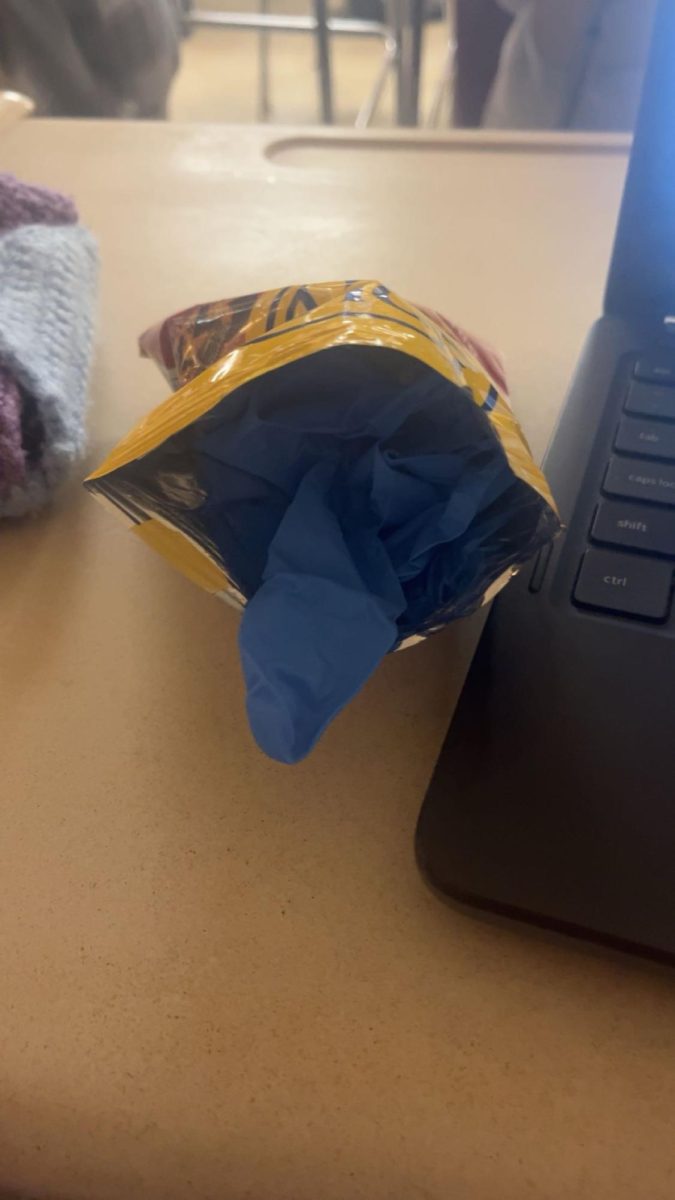On December 31, 2023, the U.S. Department of Education released the 2024-25 Free Application for Student Aid (FAFSA) through a soft launch. However, since the launch, there have been many issues regarding the FAFSA process.
The FAFSA usually launches annually on October 1st. However, delays were experienced this year due to improvements made to the form in hopes of making the FAFSA more beneficial to middle class families. The FAFSA was released almost three months later than in past years, causing tension between universities and families.
When the FAFSA was released as a soft launch, families found it very difficult to access the form, as it was only available at certain times of the day. This was very inconvenient as colleges have been pushing to get the form submitted as soon as possible.
The most recent issue with the FAFSA, however, is that the Department of Education has announced that they had failed to update the tables used to calculate expected family contribution. The tables had to be updated to account for inflation.
As a result, the application will not be received by colleges until March. This is a big problem for families as financial aid offers from colleges can be crucial to a student’s future education. Many families rely on financial aid to send their students to college, and with many colleges having a decision deadline of May 1st, these delays are leaving families with many uncertainties about their children’s futures.
“If a student is waiting to receive their financial package before they decide, that may result in waiting longer to decide,” explains Fallston High School counselor Mr. Costante. “We do not know if schools will extend their decision days based on these delays.”
While some colleges are adjusting to these obstacles by extending their deposit deadlines and giving students financial aid estimates through College Board’s Cascading Style Sheets (CSS) profiles, some are uncertain and have yet to provide solutions.
While it has always been encouraged for students to have “safety schools” and alternate plans if their dream schools become unattainable, it is more important now than ever. Mr. Costante says counselors are “encouraging students to have a backup plan, apply to Harford Community College (HCC) (if not dually enrolled) and/ or in state universities/ colleges, since in-state tuition is less than out of state.”
Fallston students can find support and information regarding the FAFSA by contacting HCC or their counselor, whether they intend to attend HCC or not. “HCC has a great team of financial aid experts, and they will help all HCPS students. Students do not have to be committed to attending HCC,” Mr. Costante concludes.




